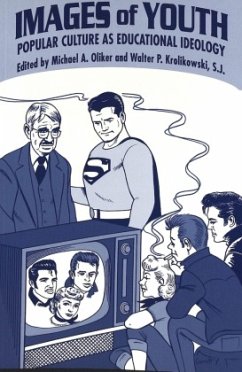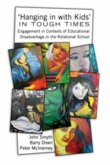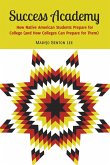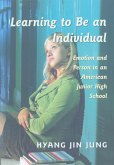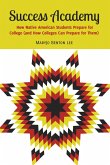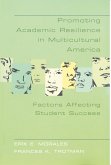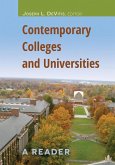Superman comics, Jimmy Cagney gangster films, Pink Floyd, the Beatles, and a modern-day New England Emile - unlikely companions for the Beaver and his picture-perfect parents June and Ward? Not at all in this cache of thought-provoking essays on the cause, effect, and reciprocal relationships among popular culture, education, and adolescent behavior. Twelve educators analyze the evidence and arrive at diametrically opposite conclusions - and many points between. Pessimists see rampant deterioration in our educational process and product; optimists perceive encouraging signs of progress and potential for ethical improvement. Only time will tell who is right. Individual essay bibliographies provide a valuable resource of 350 relevant titles. Images of Youth is stimulating reading for both expert and neophyte in the field.
«'Images of Youth' shows us many arenas of 'popular culture' where young people are educated. Authors of the essays assembled here by Oliker and Krolikowski reveal powerful educational experiences occurring while people watch TV, see movies, listen to music, and play ball games. Teachers, parents, and other educators who hope to make schooling the significant part of a child's education need to be well aware of the education going on in these arenas of popular culture.» (Ronald Swartz, School of Education and Human Services, Oakland University, Rochester, Michigan)
«A levelheaded approach to an important region of issues: Oliker and his collaborators offer scholarship and imagination without the modish excesses of a post-modern vocabulary. We won't hear the 'last word' on this subject for a long time, but you'll find very useful 'first words' here for graduate and undergraduate students alike.» (Richard Angelo, College of Education, University of Kentucky, Lexington)
«A levelheaded approach to an important region of issues: Oliker and his collaborators offer scholarship and imagination without the modish excesses of a post-modern vocabulary. We won't hear the 'last word' on this subject for a long time, but you'll find very useful 'first words' here for graduate and undergraduate students alike.» (Richard Angelo, College of Education, University of Kentucky, Lexington)

